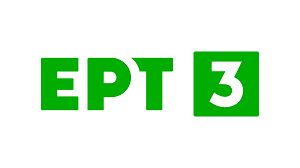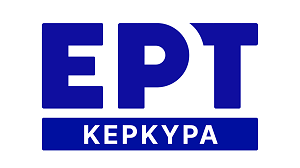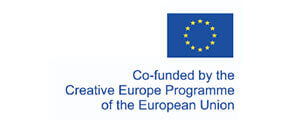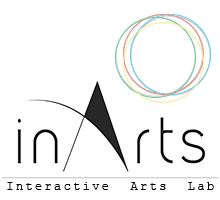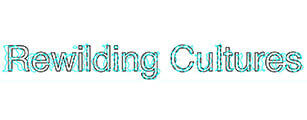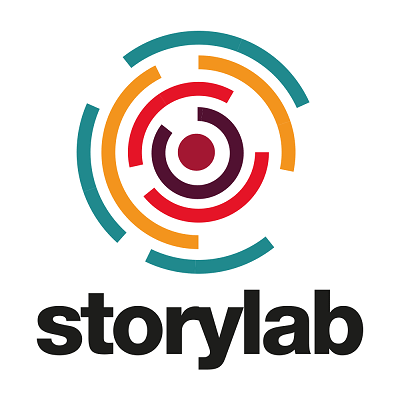Summary
Media Literacy term refers to both the knowledge and skills, as well as the abilities that a person of 21st century is required to possess to use and interpret with media (Buckingham, 2008). Several definitions have been formulated for the term media literacy and all definitions have as a common reference point, the acquisition of a critical attitude and ability towards the media. According to the European Commission, the term "Media Literacy" means the ability to access, analyze and evaluate the power of images, sounds, messages, which are an important part of the modern culture, as well as the ability to adequately communicate in available means, on a personal basis. Media literacy concerns all media, including television, film, radio, print media, the Internet and other new digital communication technologies (Hobbs, 2007).
According to Solomonidou (2000), the modern citizen, the technologically literate, should have and use digital technology skills to utilize digital sources of information, information searching and e-learning. The evolution of the modern era in new technologies requires the effective teaching of all subjects. This presupposes the technological competence of teachers since the concept of Media literacy is connected to a multitude of activities that require specialized skills. The modern teacher must be digitally literate in real time (the COVID-19 era also contributed to this) so he/she may organize his/her lesson in a modern way, keeping his/her students' interest undiminished and contributing to their digital education.
Of course, it is not enough for the modern teacher to have only media literacy, but also to have the necessary wellbeing to cope, both professionally and personally. Wellbeing is a constantly changing concept, which is even given meaning in a subjective way. Teachers’ wellbeing is at the center of educational research, as it is considered a vital parameter for teaching effectiveness, learning outcomes and educational administration (Duckworth, Quinn, & Seligman, 2009; Sutton & Wheatley, 2003).
Teachers’ professional well-being is considered as a combination of personal and professional development, so as for the teachers to feel effective and useful in their workplace (Day & Gu, 2009). Teachers’ wellbeing is a situation that will give them the impetus to evolve for the realization of both, personal vision and the school in which they work.
Objective
This research paper tries to study the way in which media literacy in the 21st century school may affect teachers’ wellbeing, either positively or negatively and by extension the teaching process. The purpose of the research is to study the degree and size of influence of media literacy on teachers’ wellbeing. More specifically, the research questions are the following:
- Do elementary school teachers know about media literacy?
- Do they know about the importance of wellbeing at work?
- To what extent do they use their knowledge from media literacy?
- What is the correlation of media literacy with teachers' well-being?
- How does the application of media literacy in teaching affect teachers’ wellbeing?
Method
This research examines the influence of media literacy on teachers’ wellbeing. The research sample consisted of 30 elementary school teachers who work in public schools on the island of Rhodes (Greece). The research data collection tool was a semi-structured interview of 20 questions. In the first part of the interview, which was consisted of 15 questions, was examined the teachers’ knowledge regarding media literacy and the importance they attribute to their wellbeing. In the second part, which was consisted of 5 questions, they were given five different scenarios of the application of media literacy in their teaching and they were asked to answer briefly (in 50 words) what is their attitude and their opinion regarding the said scenario and which the effect of the specific scenario on their wellbeing.
Conclusion
The results of the research concluded that teachers are aware of media literacy and that they have the necessary skills. However, through the research, it was confirmed that the wellbeing of the vast majority of teachers was affected, given that they were "forced" in the midst of the coronavirus pandemic to acquire media literacy. While several teachers stated that they were willing to implement technological tools in their teaching and develop their media literacy, however, in the educational scenarios they stated that their personal wellbeing was negatively affected to a significant extent. The negative influence they stated occurred because of the forced application of media literacy in practice. Therefore, the researchers concluded that it would contribute positively to the quality improvement of teaching and to the improvement of the pedagogical climate by the preparation of educational programs, oriented towards the development of teachers' media literacy.
Back



